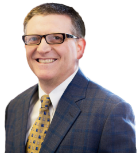Were you injured after a fall due to dangerous walking conditions? You most likely have several questions:
- Who was responsible for keeping the walking surface safe?
- How will I handle my high medical bills?
- What if I can't return to work?
- Do I have a case for a claim?
Our knowledgeable personal injury lawyers are here to help.
We are prepared to ask the right questions and earn the compensation you need after a preventable slip and fall injury.
Many people may underestimate the damage caused by avoidable slip and fall accidents. These accidents are one of the leading causes of injury today. According to the National Floor Safety institute, slips and falls account for 21.3% of emergency room visits, or 8 million total visits per year.
While some of these accidents may be unavoidable, many could have been prevented if the property owner had been more diligent in his or her maintenance routine. Serious fall injuries can affect people for weeks, years, and even for a lifetime. There is no excuse for allowing hazardous property conditions to injure an innocent neighbor.
In these cases, the owner may be found liable under the premises liability legal doctrine. This rule establishes that property owners must keep their properties safe and free of hazards which could potentially cause an accident. When a foreseeable dangerous condition results in a serious injury, negligent property owners may be held liable for damages in a personal injury claim.
What Do I Need In Order To File A Claim?
Proving fault in a personal injury claim is all about establishing negligence. In order to do this in a slip and fall accident, you must prove one of the following things, either:
- The property owner was responsible for creating the hazard which caused your accident,
- He or she was aware of the danger but did not properly address the issue, or
- A reasonable person should have been aware of the danger
A knowledgeable personal injury lawyer will be able to help you gather the necessary evidence for a successful claim.
FREE SLIP & FALL CONSULTATION
Common Locations
Slip and fall accidents can happen almost anywhere, but there are a few types of higher risk locations.
Property owners must make sure that all of the following locations are properly safeguarding from falling hazards.
Sidewalks
Dangerous sidewalk conditions may surface in a number of ways.
- Ice and snow may create a slick walking surface prone to slips and falls.
- Wet leaves left uncleared create a similar slipping hazard.
- Broken and uneven sidewalks create a tripping hazard.
Parking Lots
Parking lots are one of the most common slip and fall locations. Factors which could contribute to falls in parking lots include:
- Inadequate lighting
- Potholes
- Uneven elevations
Malls And Stores
Slip and fall accidents commonly occur in stores. Contributing factors include:
- Ice and snow on sidewalks.
- Clutter and debris obstructing walking paths
- Loose tiles or floorboards
- Uneven floor elevations
- Improper lighting
- Spilled products
Restaurants And Bars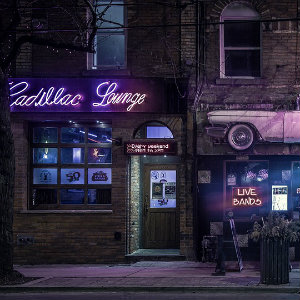
Sometimes, restaurant and bar staff will mop floors without posting the proper caution signs. The outside of these establishments may also be dangerous if snow or ice has not been properly cleared.
City And State Property
City and state governments have certain protections that private businesses don't. This means that it's much tougher to win a case against the government. In these cases, it's extremely important to prove that officials were notified of a problem, chose not to address it and that an injury resulted from their inaction.
Apartment Buildings
In cases involving apartment buildings or condos, you need to prove that the landlord either knew about, should have known about, or directly contributed to the dangerous condition which caused a fall. If your fall directly resulted from an unfixed property issue, you will probably have a good case in civil court.
Workplaces
Slips and falls are the second leading cause of workers' compensation claims, at about 16%. Workers' compensation will likely cover your medical bills and lost wages, but a lawsuit may be necessary to recover noneconomic damages like pain and suffering.
Hospitals And Nursing Homes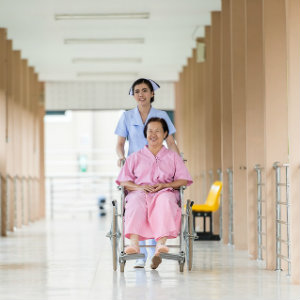
Seniors are the highest risk group for slip and fall accidents. Every year, 1 in 3 American seniors will experience a serious fall. Hip fractures are common in these incidents. Falls account for 40% of all nursing home admissions. Hospitals and nursing homes need to be meticulously maintained for safety standards in order to protect these seniors. However, human error is unavoidable and occasionally negligence will lead to a serious fall inside a hospital or nursing home.
Gyms And Spas
Gyms and spas must be regularly maintained to safety standards. Without regular attention, surfaces can quickly become wet and slick - creating a serious slipping hazard. A gym floor with torn carpeting or cluttered with equipment creates a tripping hazard.
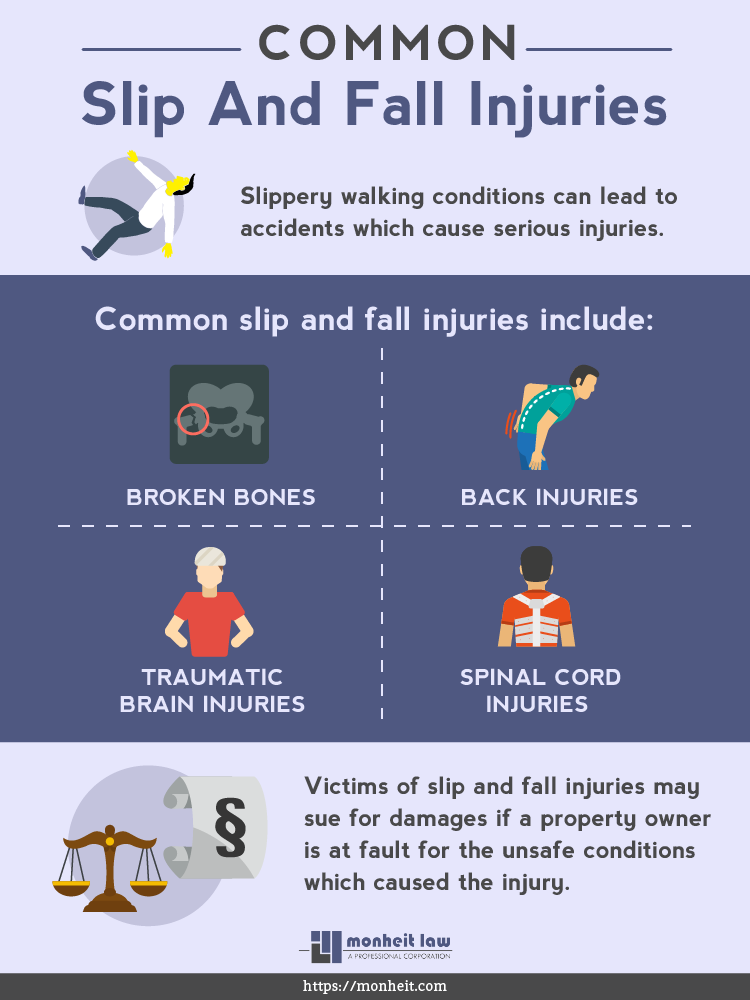
Who Is Responsible?
Determining liability in slip and fall cases can be a bit complicated. Depending on locations, ownership, and other factors, there are a few different parties which could be held responsible:
Private Property Owners
If you’ve been injured after tripping over a broken sidewalk in front of a house or apartment building, the private property owner will usually be found liable. In situations where someone is renting the property, the rules may vary. If a lease specifies that the landlord is to fix issues like sidewalk cracks, then the landlord will be held liable. Conversely, the tenant may be held liable if the lease says that they are responsible for such repairs.
Commercial Property Owners
Accident victims who are seeking financial compensation after tripping outside of a business will usually be suing the business owner. However, landlords may also be sued in this situation if the owner is renting the property - depending on the terms of the lease.
Third Parties
There are certain situations in which the property owner is not responsible for a fall. In these situations, a third party may have contributed to the unsafe conditions which lead to the accident. For example, if a construction company has broken part of a sidewalk, neglected to repair it, and a pedestrian trips and falls on it as a result, that construction company would likely be found liable for damages.
Municipalities
Occasionally, victims may sue the city for damages in a slip and fall case. Let’s take a look at Philadelphia. The City of Philadelphia has governmental immunity, which grants them many protections against lawsuits which private property owners don’t enjoy. Civil cases against the city must satisfy four criteria:
- Permanent injury - You can only sue the city if you can prove that you’ve suffered a permanent loss of bodily function, permanent disfigurement, or permanent dismemberment. You are
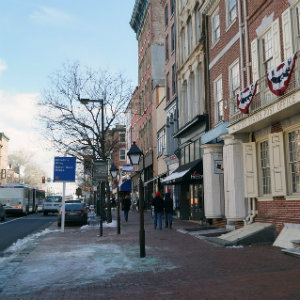 also required to show an excess of $1,500 in medical bills.
also required to show an excess of $1,500 in medical bills.
- Notice of hazard - You must prove that a dangerous condition created a risk of personal injury and that the City of Philadelphia had been notified of the danger and had enough time to fix it.
- 6-month notice of claim - Unlike suits against private property owners which allow for a 2-year statute of limitations, claims against the City must be made within 6 months of the incident.
- Trespassers disqualified - Trespassers are forbidden from filing suits against the city for injuries they incurred while trespassing.
Victims are also limited to $500,000 in compensation for cases against the City of Philadelphia.
What Damages Will A Lawsuit Cover?
Slip and fall victims are often saddled with a variety of burdens which affect their daily lives. Financial compensation from negligent property owners can help deal with such stressful issues as:
Lost Wages And Earning Potential
If you’ve been seriously injured, you may be forced to miss extended periods of work. This may be especially stressful as bills pile up and paychecks stop coming. Some permanent injuries may prevent victims from ever returning to work, resulting in a lifelong loss of earning potential.
Medical Bills
Injuries which require regular medical attention can quickly lead to overwhelming medical expenses. Coupled with lost wages, these new expenses can cause a great deal of stress. It’s important to hold the property owners responsible for negligence in order to provide victims with the medical care they need without the extra stress of unaffordable medical bills.
Loss Of Quality Of Life
Following an accident, you may have to adjust your lifestyle by giving up certain activities which previously gave you pleasure. This is especially unfair if your accident was caused by a negligent property owner. For example, if you were a competitive tennis player before a slip and fall and have been forced to give it up after, you may qualify for damages under a loss of quality of life.
Pain And Suffering
Damages for pain and suffering help to compensate for the less tangible difficulties accident victims may suffer. While medical bills and lost wages are considered economic damages which are easy to set a dollar value for, pain and suffering involves noneconomic damages which may vary on a case to case basis.

